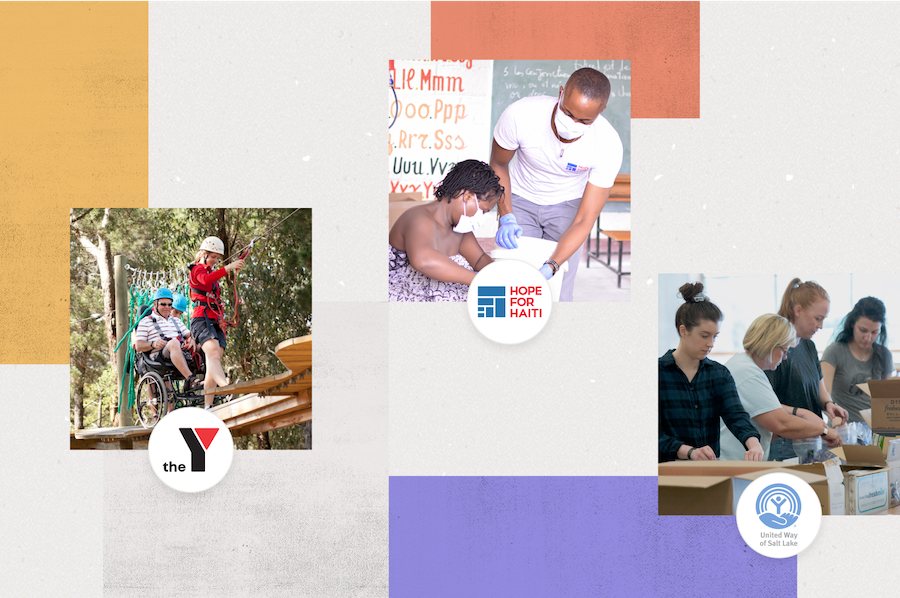Peer Feedback at Asana
In between quarters at Asana, we take a “roadmap week” to focus on reflection and planning. We decided for the most recent one to add a peer feedback session to our technical, product, and company discussions. We liked a process we heard about from Quora: a full-company round-robin series of 1:1s where each pair takes 3 minutes per side delivering face-to-face feedback.
When the team collectively expressed that we wanted more feedback from each other, I think most of us pictured critical feedback: “if there’s something I could be doing better, I want to know!” What we ended up choosing to share was “this is what I love about you, please do it more!” In fact, we decided to make the feedback session positive-only: research has demonstrated that focusing on strengths is more effective than focusing on weaknesses when it comes to personal and professional development.
We took a couple hours prior to the session to write up notes about what we felt each of our peers excelled at. Even when I had mixed feelings about an aspect of someone’s contributions, as I searched for words that were both kind and true, I found myself letting go of negativity seeing things from their point of view as well as mine. That empathy—truly respecting another’s position as my own—has been invaluable for productively and earnestly engaging in later discussions of our differences of opinion.
During the feedback session, I found my words of gratitude came out much less awkwardly than I’d expected. Saying genuine and grateful things about someone else felt great. Everyone afterwards agreed: what was really awesome wasn’t being told you worked hard or you were easy to talk to, but simply appreciating all the wonderful people you work with every day. Asana is a family, and it takes feeling like that to make it so.
Open, loving, grateful relationships between coworkers are as great as they sound. There’s no doubt that since the positive feedback session I’ve gotten more off-hand thank-you/bravo emails. That calibrates my sense of what uses of my time are most valuable to the company, so I can focus on what I’m good at it. It also eases my stress about all the things I haven’t gotten around to. The only person who expects you to do and be everything is you.
If you’ve ever wondered how to fill up your company’s gmail statuses with “<3” [true story], give a positive-only feedback session a try.
(Much ♥ to JR for helping me find these words.)

